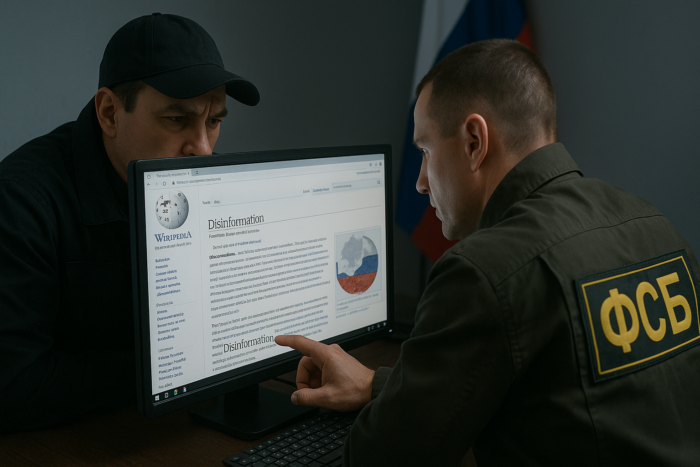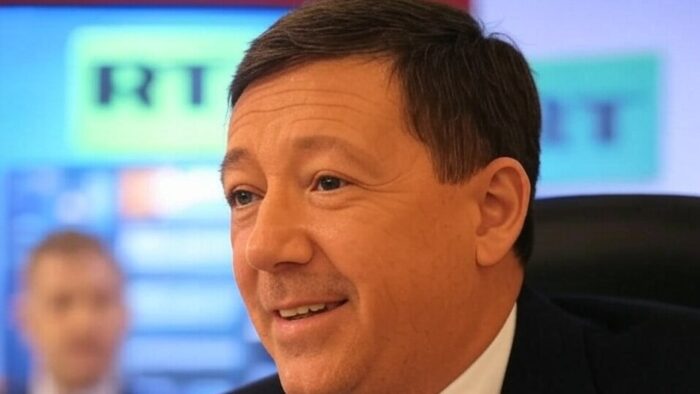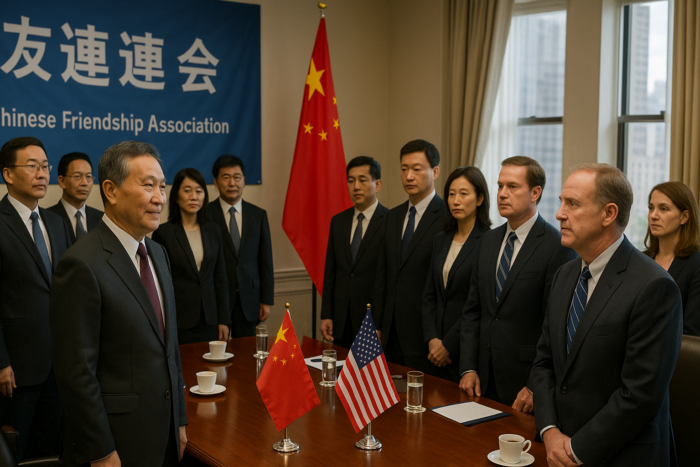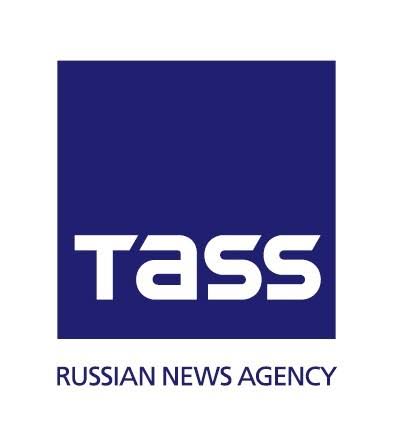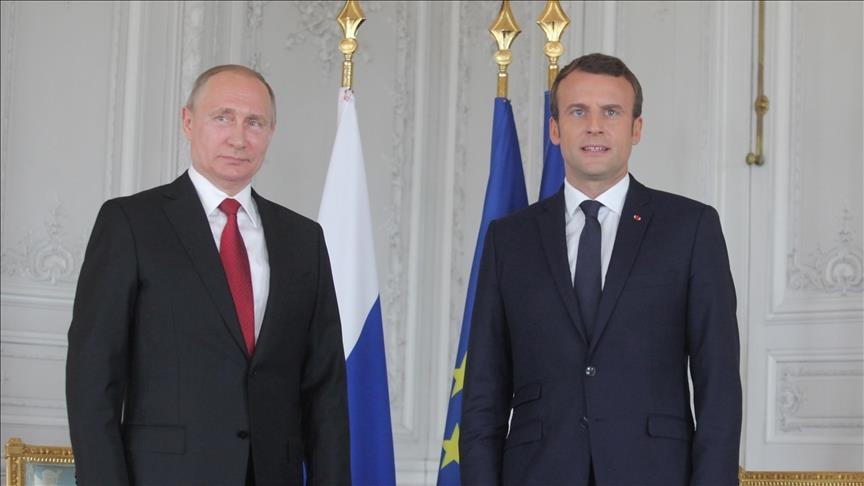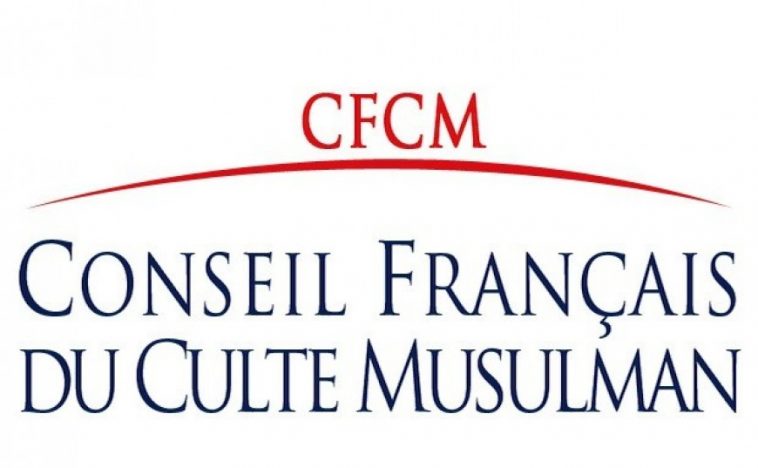A Global Influence Operations Report (GIOR) investigation has found Russian state-backed media is amplifying far-right candidate Marine Le Pen ahead of the French presidential elections scheduled for April. Most Russian reports emphasize Le Pen’s criticism of Western support for Ukraine and NATO, which she has promised to leave if she wins the election. Russian state media outlet TASS recently reported that Le Pen has warned an embargo on Russian oil would be tantamount to ‘harakiri.’ According to a TASS report:
March 9, 2022 PARIS, March 9. /TASS/. If the EU is going to embargo supplies of Russian oil that would be the equivalent of “committing harakiri,” French lawmaker and presidential candidate Marine Le Pen told the France‑2 TV channel. “Trying to harm Russia by committing harakiri is a poor method,” she said, commenting on the EU’s proposal to impose an embargo on the deliveries of Russian oil. “In this case, our economy is running the risk of dying first and it seems like nowadays that’s what we are aspiring to do,” she insisted.
Read the rest here.
Another recent TASS report amplified Le Pen’s claims that sanctions against Russia would hit the French in the first place and that it is better to “achieve peace” instead of sending weapons to Ukraine.
TASS is a major Russian state-owned news agency and one of the largest news agencies worldwide. According to a 2017 research paper on TASS’ coverage of the Ukraine crisis, Russia uses the news agency for international propaganda in its hybrid war.
Russian state-backed outlet Sputnik has also extensively covered Le Pen’s comments on the Ukraine war in recent weeks, including claims that:
- Western arms supplies to Ukraine would “verge on participation” in the war.
- A cold war against Russia would be a “step in the wrong direction.”
- The EU should resort to diplomacy rather than arms supplies to resolve the crisis.
Sputnik is a state-owned Russian news agency established in 2014 and operating in over 30 languages. It has been frequently accused of spreading disinformation and was banned by the European Union following Russia’s invasion of Ukraine in February.
Russian disinformation outlets have also repeatedly covered Le Pen’s statements against NATO, which she promised to leave if she wins the election. Days before the invasion, United World International published several tweets by Le Pen in which she criticized NATO, advocated for stronger relations with Russia, and stressed that she did not consider the threat of an invasion to be real. Following the invasion, the US designated United World International over its links to Russian influence operative Yevgeny Prigozhin. A GIOR investigation has revealed that the website appears to be controlled by a pro-Russian Turkish political party.
The Global Influence Operations Report recently reported that Russia seeks to influence France’s information space ahead of the Presidential elections and that far-right figures Eric Zemmour and Marine Le Pen are the candidates most supportive of Russia. Other recent GIOR coverage of French efforts to counter foreign influence operations has included:
- In February, we reported that Facebook announced a series of initiatives on its platforms to fight disinformation ahead of the French presidential election. Agence France-Presse and Google France have launched similar programs.
- In November, we reported that the French government set up an office to counter foreign media manipulation ahead of the 2022 Presidential elections.
- In October, we reported on far-right French politicians acting as pro-Russian political forces in France.

